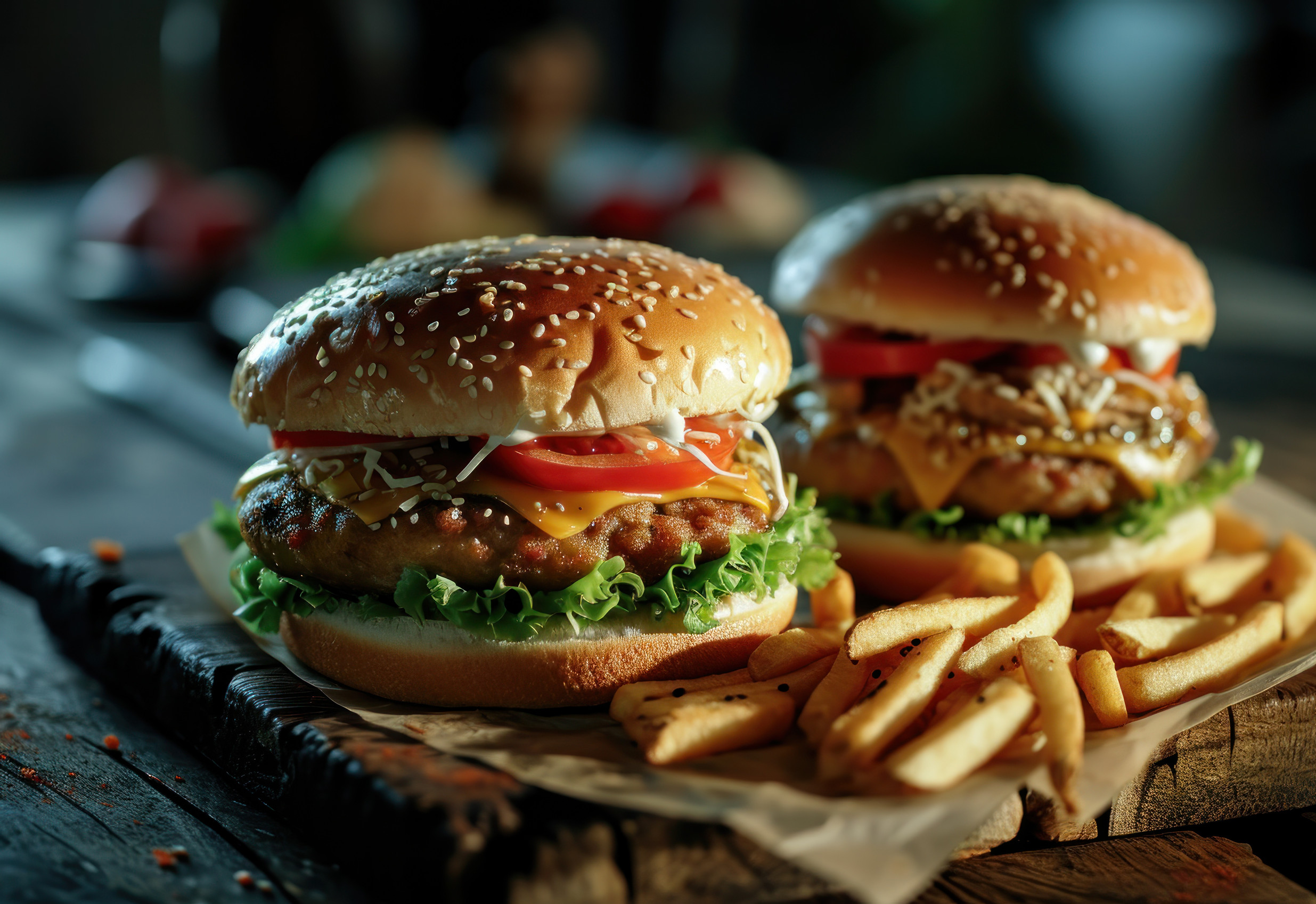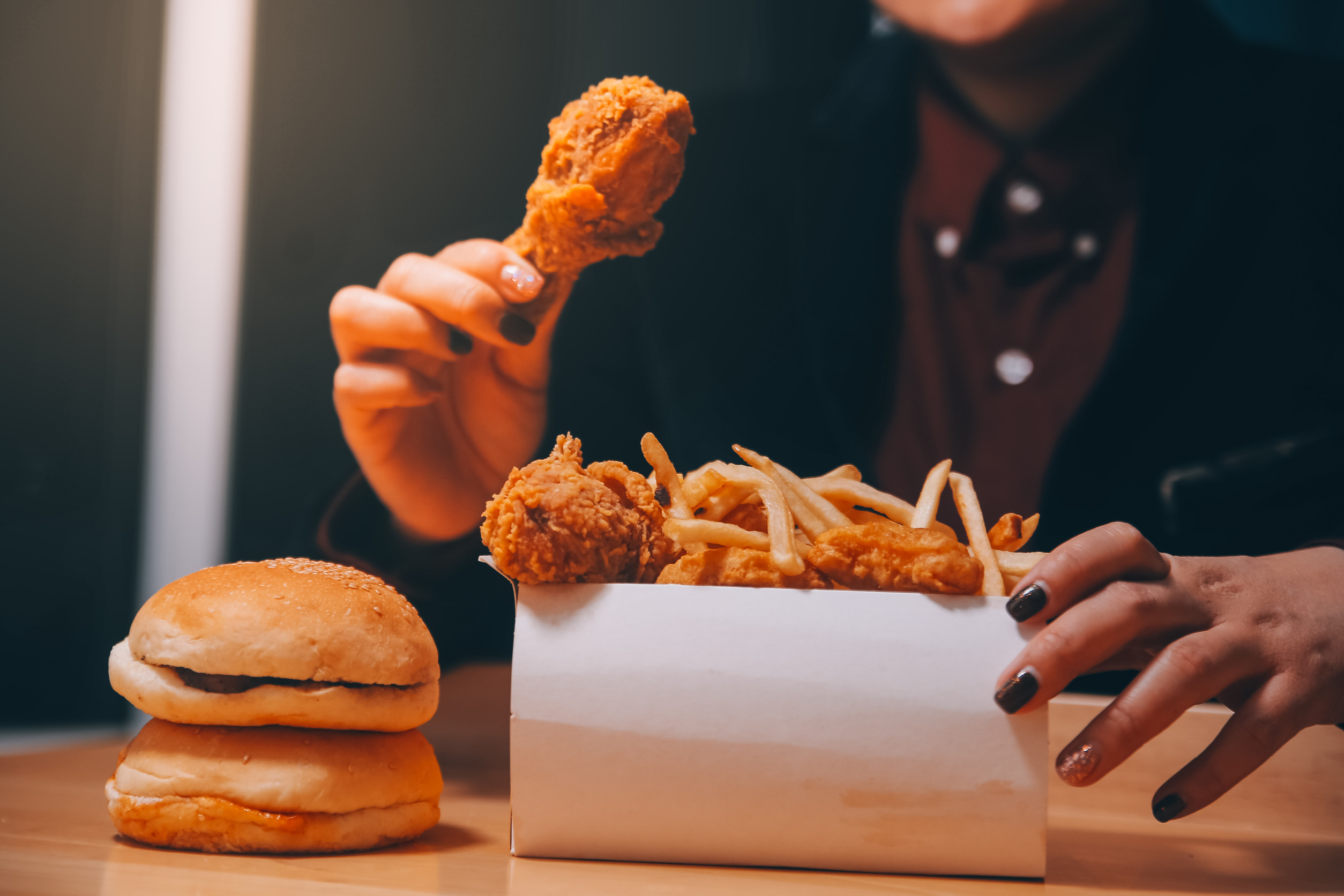
Fast food is a global phenomenon, but not every country treats it the same way. Some ingredients commonly found in American drive-thrus have been banned elsewhere for health and safety reasons. Governments across Europe, Asia, and beyond have strict food regulations that forbid chemicals still prevalent in U.S. kitchens.
While millions line up daily for burgers, fries, and nuggets, many remain unaware of what is actually going into their meals. Understanding which ingredients are banned abroad sheds light on what consumers might unknowingly be eating at home.
1. Azodicarbonamide
Azodicarbonamide is often used as a bleaching agent in bread and a dough conditioner to make buns softer and fluffier. This chemical is also found in yoga mats and shoe soles, which raises understandable concerns. Many European countries and Australia have banned the use of it in food due to potential respiratory issues when inhaled in industrial settings. Studies have suggested that azodicarbonamide can break down into substances linked to cancer risks. Despite this, many fast food chains in the United States still use it in burger buns and sandwich bread.
2. Brominated Vegetable Oil (BVO)
Brominated vegetable oil is added to citrus-flavored sodas and sports drinks to help distribute flavor evenly and keep the drink looking uniform. However, BVO contains bromine, which is also used as a flame retardant. Concerns over its effects on the thyroid and nervous system have led the European Union and Japan to ban it entirely. Research has connected high consumption of BVO with memory loss, skin lesions, and nerve disorders. Yet, certain American fast food chains continue to offer drinks containing BVO on their menus.
3. Potassium Bromate
Potassium bromate is another additive that helps bread rise higher and appear whiter and fluffier. It has been classified as a possible human carcinogen by the International Agency for Research on Cancer. Due to this cancer risk, countries like the United Kingdom, Canada, and Brazil have banned its use in food products. Despite the health concerns, potassium bromate is still legal in the United States and appears in many fast food buns and baked goods. Consumers are often unaware they are biting into bread containing an ingredient banned in multiple nations.
4. Artificial Food Dyes
Brightly colored fast food items often owe their appeal to artificial food dyes like Yellow 5, Yellow 6, and Red 40. These synthetic dyes are linked to hyperactivity in children and possible allergic reactions. Several European countries require warning labels on foods containing these dyes or have banned them outright. The European Union insists on natural alternatives to minimize risks to children’s health. In the U.S., however, artificial dyes continue to brighten ice cream cones, candies, drinks, and desserts served in fast food outlets.
5. rBGH (Recombinant Bovine Growth Hormone)
rBGH is a synthetic hormone injected into dairy cows to increase milk production, boosting profit margins for large-scale farms. Studies have connected rBGH use to increased levels of another hormone called IGF-1, which has been linked to certain types of cancer. The European Union, Canada, and several other countries prohibit its use due to animal welfare concerns and potential human health risks. Despite these bans, milk and cheese from rBGH-treated cows still make their way into fast food milkshakes, cheese slices, and coffee creamers across the United States. Many American consumers remain unaware that their favorite creamy treats could come from hormone-treated cattle.

6. TBHQ (Tertiary Butylhydroquinone)
TBHQ is a petroleum-based preservative used to extend the shelf life of processed foods like chicken nuggets and frozen fries. The European Union and Japan have imposed strict limits or bans on TBHQ because high doses have caused stomach tumors in laboratory animals. Critics argue that long-term exposure can lead to vision problems, liver enlargement, and other health concerns. Even so, TBHQ is still legal in the United States and is a common ingredient in fast food fryers and freezers. This chemical helps keep fried foods crispy and fresh-looking, regardless of the health trade-offs.
7. Propyl Paraben
Propyl paraben is used to prevent mold and extend the shelf life of packaged baked goods, tortillas, and some fast food items. Research has linked propyl paraben to endocrine disruption and reproductive harm. Because of these concerns, the European Union has banned its use in food products. However, in the United States, it still appears in certain processed snacks and some fast food baked treats. Many consumers may not realize that this controversial preservative sits hidden inside that seemingly harmless sandwich wrap.
Are These Countries Making The Right Moves?
Fast food’s global popularity does not guarantee that every country accepts the same ingredients. While the United States continues to allow certain chemicals and additives, many nations have decided that the risks outweigh the convenience. Understanding these differences can help diners make more informed choices about what they eat. Staying aware of what goes into that burger bun or soda cup is a small step toward better health.
Share thoughts below on which of these ingredients came as a surprise and whether fast food chains should do more to remove them from American menus.
Read More
7 Fast Food Chains Where Parking Lot Attacks Are Rising
Quietly Kept Secrets About Food That Are Making Us All Sicker
The post 7 Fast Food Ingredients That Are Banned in Other Countries appeared first on Everybody Loves Your Money.







